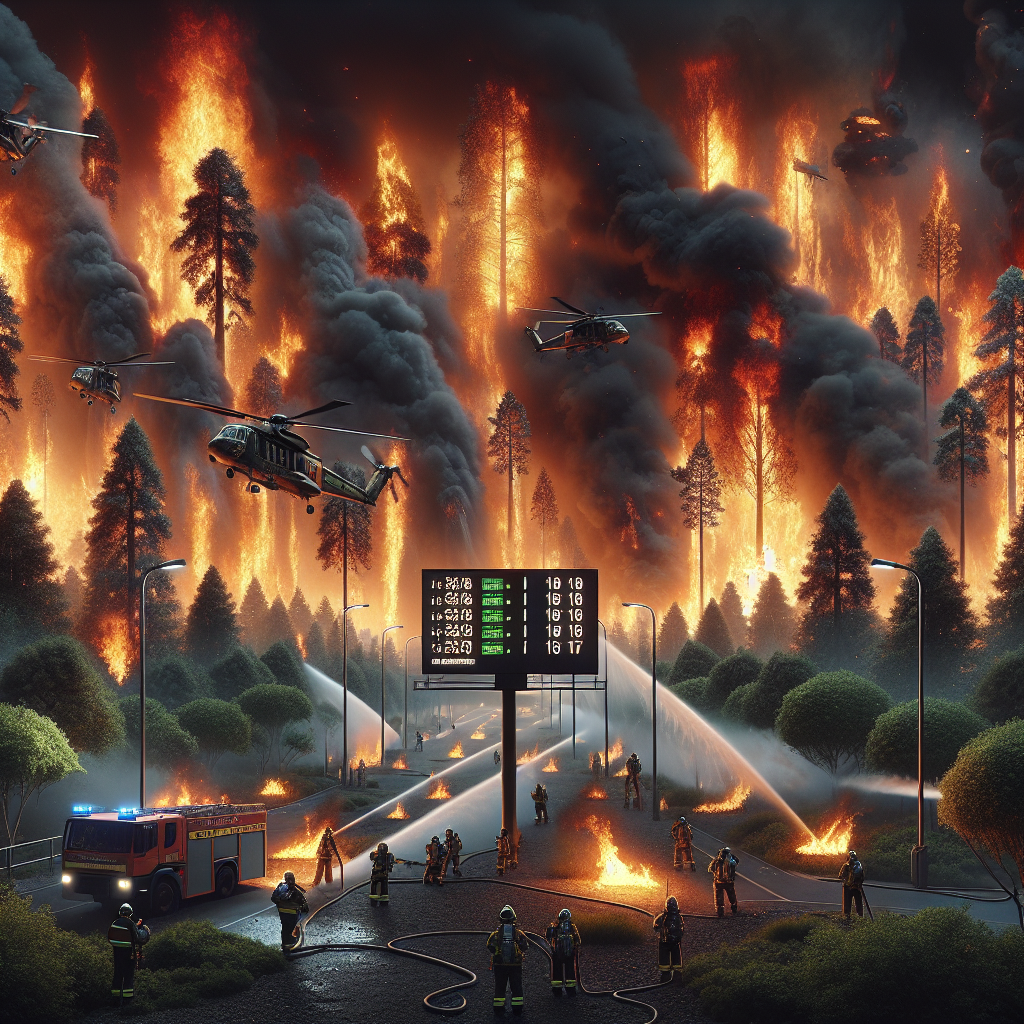Unprecedented Wildfires in South Korea Claim at Least 18 Lives
Unprecedented Wildfires in South Korea: A Tragic Toll
Overview of the Catastrophe
South Korea is grappling with a series of unprecedented wildfires that have swept across the nation, resulting in significant loss of life and widespread devastation. At least 18 people have lost their lives, marking one of the deadliest wildfire events in the country’s history.
Key Factors Contributing to the Wildfires
- Extreme Weather Conditions: Prolonged dry spells and high winds have exacerbated the spread of the fires.
- Climate Change: Rising temperatures and changing weather patterns are believed to have intensified the frequency and severity of wildfires.
- Human Activity: Urban expansion and agricultural practices have increased the risk of fire outbreaks.
Impact on Communities and Environment
The wildfires have not only claimed lives but also caused extensive damage to property and natural habitats. Thousands have been evacuated, and numerous homes and businesses have been destroyed.
- Evacuations: Emergency services have evacuated thousands of residents from affected areas to ensure their safety.
- Environmental Damage: The fires have ravaged forests, wildlife, and ecosystems, leading to long-term ecological consequences.
Government and Community Response
The South Korean government, along with local communities, is actively working to combat the fires and provide relief to those affected. Efforts include:
- Firefighting Operations: Deployment of firefighting teams and equipment to control and extinguish the fires.
- Relief Efforts: Provision of temporary shelters, food, and medical aid to displaced individuals.
- International Assistance: Offers of support and resources from neighboring countries and international organizations.
Conclusion
The unprecedented wildfires in South Korea serve as a stark reminder of the growing challenges posed by climate change and the need for proactive measures to mitigate such disasters. As the nation mourns the loss of lives, efforts continue to restore affected communities and prevent future occurrences.

















